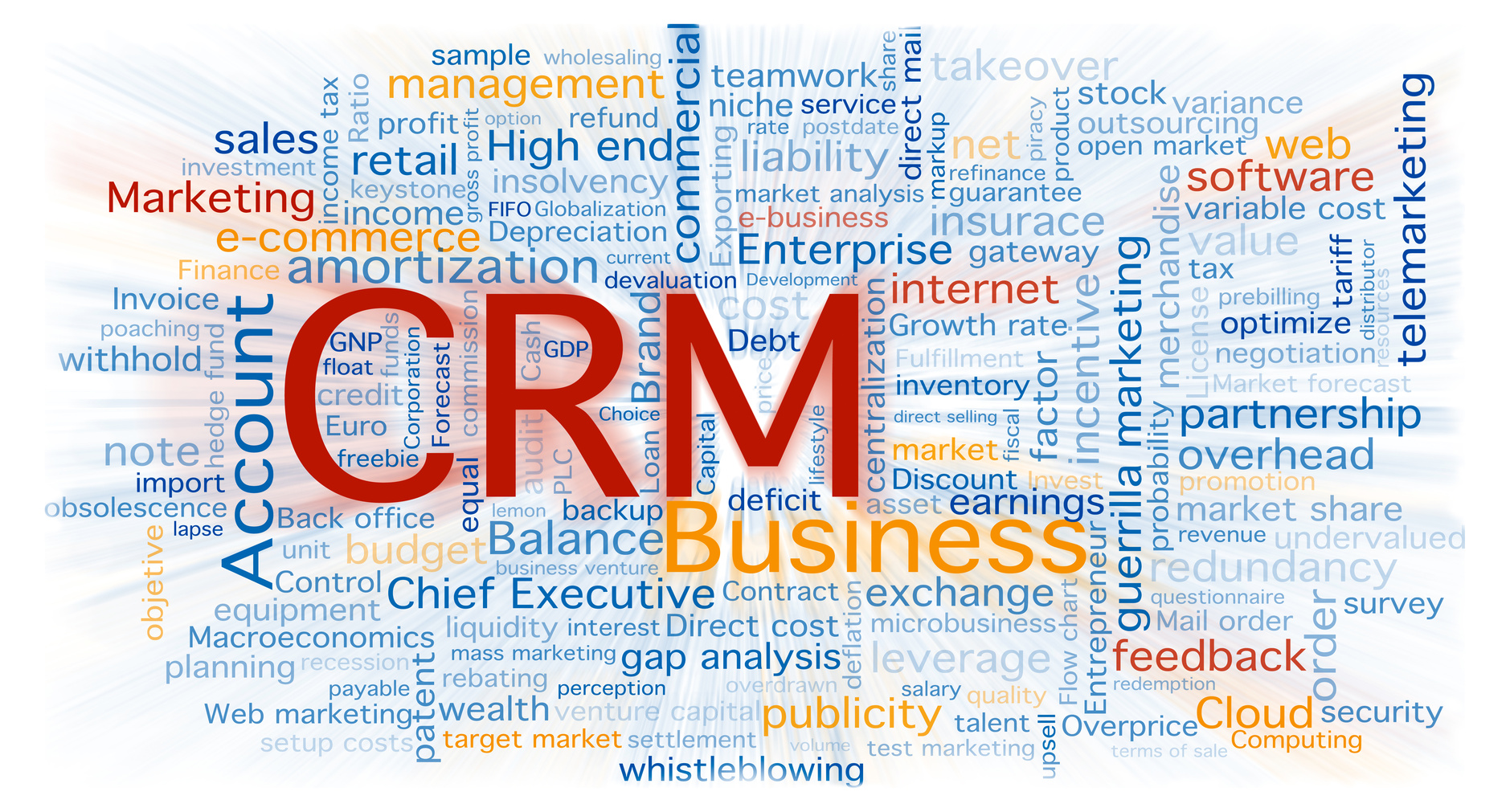Customer Relationship Management (CRM) is a strategy for managing all your company’s relationships and interactions with customers and potential customers. It helps you stay connected to them, streamline processes and improve your profitability.
More commonly, when people talk about CRM they are usually referring to a CRM system, a tool which helps with contact management, sales management, productivity and more.
CRM enables you to focus on your organisation’s relationships with individual people – whether those are customers, service users, colleagues or suppliers. Customer Relationship Management is not just for sales. Some of the biggest gains in productivity can come from moving beyond CRM as a sales and marketing tool and embedding it in your business – from HR to customer services and supply-chain management.
Why CRM matters
If your business is going to last, you know that you need a strategy for the future. You’ll already have targets relating to sales, business objectives and profitability. But getting up- to date, reliable information on your progress towards your goals can be tricky. How do you translate the many streams of data coming in from sales teams, customer service staff, marketers and social media monitoring into useful business information?
Using a CRM system can give you a clear overview of your customers. You can see everything in one place – a simple, customisable dashboard that can tell you a customer’s previous history with you, the status of their orders, any outstanding customer service issues, and more.
You can even choose to include information from their public social media activity – their likes and dislikes, what they are saying and sharing about you. Marketers can use CRM to better understand the pipeline of sales or prospective work coming in, making forecasting simpler and more accurate. You’ll have clear visibility of every opportunity or lead, showing you the clear path from enquiries to sales.
And though it’s traditionally been used as a sales and marketing tool, customer service teams are seeing great benefits from CRM systems. Today’s customer might raise an issue in one channel – say, Twitter – and then switch to email or telephone to resolve it in private. A CRM platform enables you to manage the enquiry across channels without losing track.
Life without CRM: More administration, less selling.
An active sales team generates a flood of data. They can be out on the road talking to customers, meeting prospects and finding out valuable information – but all this information gets stored in handwritten notes, laptops, or inside the heads of your salespeople.
On top of this your customers may be contacting you on a range of different platforms – phone, email and social media. Asking questions, following up on orders or complaining. Without a common platform for customer interactions, communications can be missed or lost in the flood of information – leading to an unsatisfactory response to your customer.
Details can get lost, meetings are not followed up promptly and prioritising customers can be a matter of guesswork rather than a rigorous exercise based on fact. And it can all be compounded if a key salesperson moves on.
Even if you do successfully collect all this data, you’re faced with the challenge of making sense of it. It can be difficult to extract intelligence. Reports can be hard to create and waste valuable selling time. Managers can lose sight of what their team are up to in reality, which means that they can’t offer the right support at the right time – while a lack of oversight can also result in a lack of accountability from the team.
Luckily, there’s an answer.

